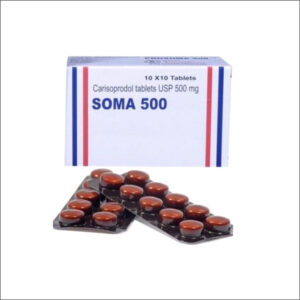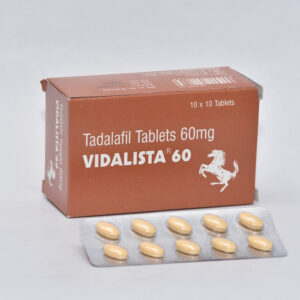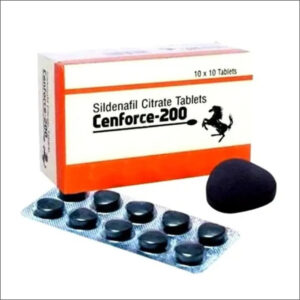The Centers for Medicare & Medicaid Services (CMS) have introduced new regulations aimed at reducing radiation exposure from CT scans. These rules require hospitals and imaging centers to track and report radiation levels to ensure patients receive safe and standardized doses.
The initiative comes in response to growing concerns about inconsistent radiation levels across facilities, which can sometimes lead to excessive exposure and potential health risks.
CT scans are a crucial diagnostic tool used to detect various medical conditions, but they expose patients to ionizing radiation, which has been linked to an increased risk of cancer when administered in high doses.
Studies have shown that radiation doses can vary significantly between medical centers, with some patients receiving two to three times more radiation than necessary.
With approximately 93 million CT scans performed annually in the U.S., even small reductions in exposure can have a significant impact on public health.
The new Medicare rules will be implemented in phases over the next three years, with full compliance expected by 2027.Hospitals and imaging centers that fail to meet these requirements may face Medicare reimbursement penalties.
By enforcing stricter monitoring and reporting standards, CMS aims to create greater transparency and accountability in the medical imaging industry.
In addition to monitoring radiation levels, the regulations also emphasize the importance of justifying each CT scan before it is performed.
This means that doctors and radiologists will need to ensure that every scan is medically necessary and that alternative diagnostic methods, such as MRI or ultrasound, are considered when appropriate.
By avoiding unnecessary scans, patients can be protected from excessive radiation exposure while still receiving accurate diagnoses.
Experts in the medical field have generally welcomed these changes, noting that they will help standardize practices and improve patient safety.
However, some healthcare providers have raised concerns about the administrative burden of tracking radiation doses and reporting data to Medicare.
They argue that smaller clinics and hospitals with limited resources may struggle to meet the new requirements without additional support.
Despite these challenges, the new regulations represent a significant step toward improving the safety and effectiveness of medical imaging.
By ensuring that radiation doses are carefully monitored and controlled, the healthcare system can reduce potential risks while maintaining the benefits of CT scans as a vital diagnostic tool.
In the long run, these measures may lead to better health outcomes for patients and increased confidence in medical imaging practices.






